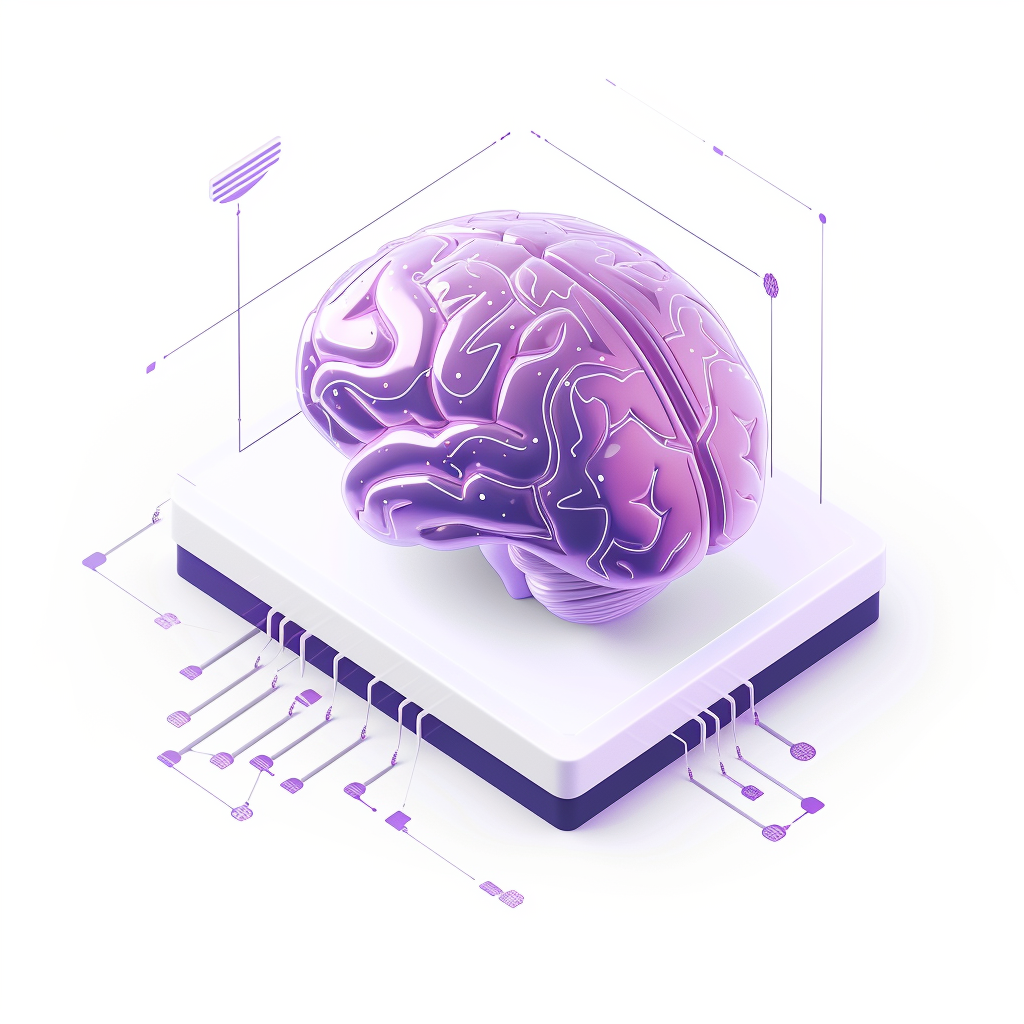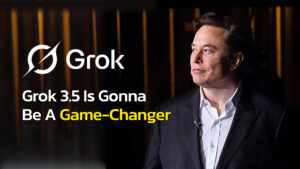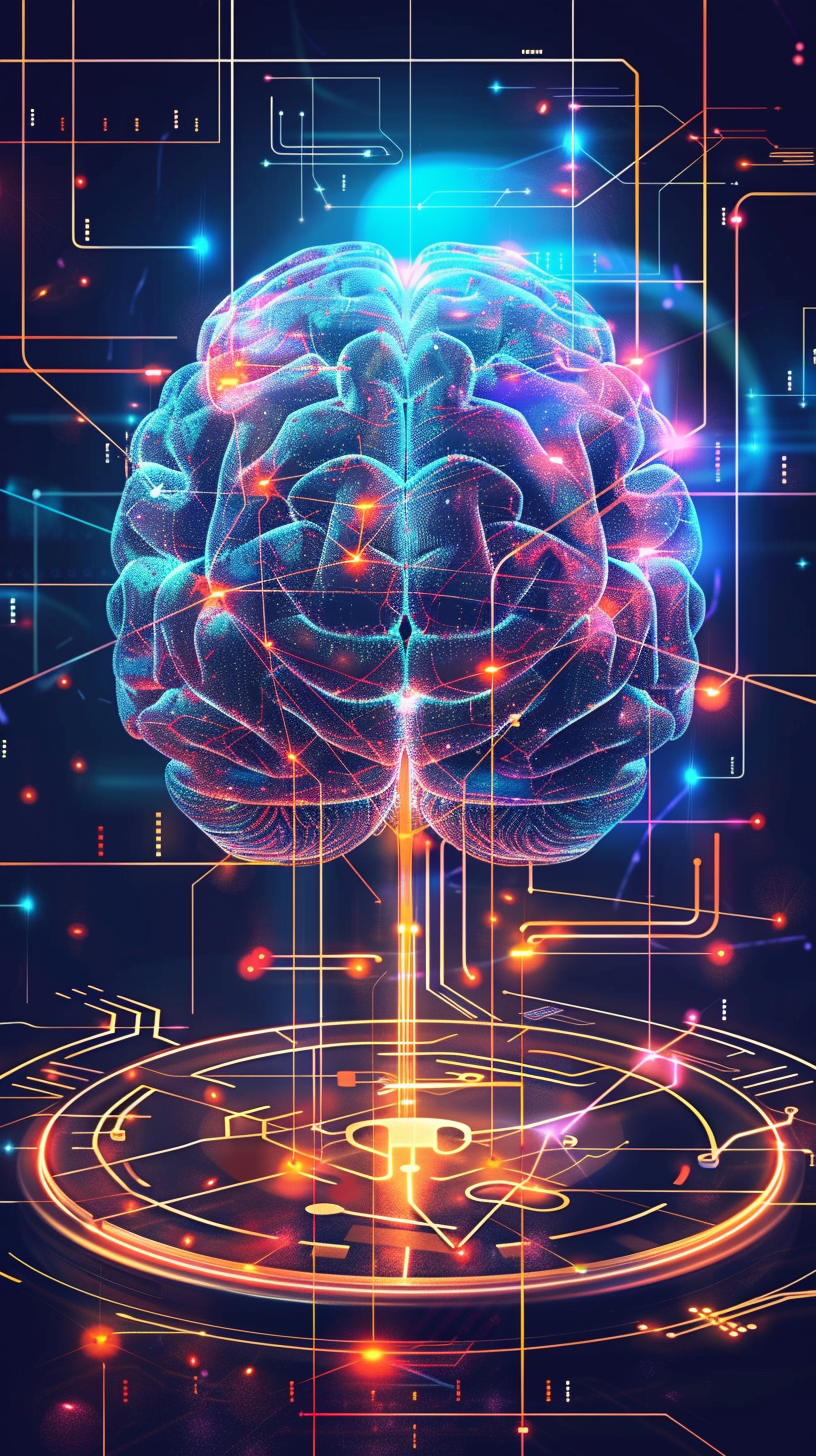A recently leaked interview with Eric Schmidt, former CEO of Google, has sparked significant attention due to its bold predictions and controversial statements.
The interview, originally posted on Stanford’s YouTube channel and later removed, dives deep into the future of AI, global competition, and the shifting dynamics within tech giants like Google. In this interview, he discussed various topics related to AI, the future of technology, and global competition, providing insights that are both controversial and thought-provoking.
The Rapid Development of AI
Schmidt predicts that the next year will bring significant advancements in AI, particularly in three areas: context windows, agents, and text-to-action capabilities. He emphasizes that these developments will have an impact far greater than that of social media.
- Context Windows: These allow AI to process vast amounts of information, acting like short-term memory. Schmidt explains that this technology will enable AI to handle and summarize complex data, similar to how human memory works.
- AI Agents: These are becoming more sophisticated, capable of learning from data, experimenting, and integrating new knowledge. Schmidt sees this as a game-changer, especially in fields like chemistry, where AI can rapidly accelerate discovery.
- Text-to-Action: Schmidt provocatively suggests that AI will soon be able to execute complex commands from simple language inputs, potentially allowing individuals to replicate entire platforms, like TikTok, almost instantly. While exaggerated, this idea underscores the disruptive potential of AI.
The AI Race Between U.S.A. And China
Schmidt highlighted the high stakes in the global AI race between the U.S. and China. While the U.S. currently leads, particularly with a 10-year advantage in semiconductor technology, China is rapidly closing the gap. To maintain its edge, the U.S. must continue heavy investment in AI development.
He pointed out that the scale of investment required is massive—up to $300 billion. Only a few countries with significant resources and strong educational systems can realistically compete. Schmidt also emphasized the importance of energy resources, noting that Canada’s abundant hydroelectric power could be crucial for powering the data centers needed for AI.
Schmidt warned that the battle for AI dominance will define global power dynamics for years to come. The U.S. must act strategically to stay ahead, as China is aggressively advancing in this critical area.
On the battlefield, AI is already changing the game. In Ukraine, low-cost drones are effectively targeting expensive military equipment, demonstrating how cheap, AI-driven technology can disrupt traditional warfare. This shift is redefining how conflicts are fought and won, with far-reaching implications for global power dynamics.
The Growing Threat of Misinformation
Schmidt highlighted the rising danger of AI-driven misinformation, especially with upcoming elections. He pointed out that social media platforms are ill-equipped to handle the scale and sophistication of false information that AI can generate.
This goes way beyond deepfakes—AI can create convincing but false narratives that are hard to detect. These fake narratives can be targeted to specific groups or spread widely, making it difficult for most people to tell what’s true and what’s not. This makes misinformation a serious threat, especially during elections and important public discussions.
He stressed the need for society to improve critical thinking skills to counter these threats but acknowledged that many people might not be ready for this challenge. Schmidt also raised concerns about the lack of regulation, warning that unchecked misinformation could erode trust in institutions and destabilize political systems.
The End of Traditional Programming?
Schmidt predicts a future where AI could make human programmers obsolete.
He noted that AI tools are already boosting software development efficiency, and soon, they could handle most coding tasks that humans do today. This might reduce the need for traditional programming skills, especially for repetitive or complex tasks.
He suggested that the role of programmers will shift from writing code to managing and directing AI systems, focusing more on problem-solving and strategy. While AI could take over much of the technical work, human creativity and oversight will still be crucial to guide AI in the right direction.
Schmidt also hinted that AI might make programming more accessible, allowing more people to create software without needing deep technical skills. This could lead to more innovation and new applications in the tech industry.
Conclusion
Schmidt’s vision of AI reshaping industries and global power is bold, but the reality may be more nuanced. While AI might take over repetitive coding tasks, human creativity and problem-solving will remain essential. AI is more likely to enhance rather than replace human programmers.
The U.S.-China AI race is about more than just technology; it’s also about responsible application and strategic collaboration. Maintaining a lead will require not just investment but also ethical considerations and international cooperation.
Misinformation is a real threat, but it can be managed with better digital literacy, stronger regulations, and responsible AI use. The future of AI will depend on how effectively we integrate it into society while safeguarding trust and stability.







